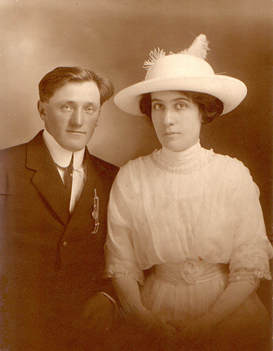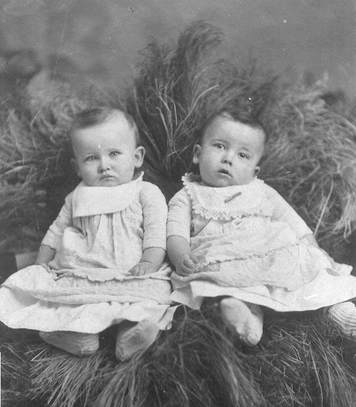 Photo by Dariusz Sankowski on Unsplash Have you carved out more time to do research into your family history during this strange year? If so, you’ve probably acquired more digital and paper files to review and utilize. Let’s look how a research log can help you become a better organized researcher. Using a research log is a great way to keep track of where you’ve been in your genealogy research as well as where you need to go next. It doesn’t have to be fancy. Here are the key items that it is good to include:
I prefer to have my research log specific to a family line. For me, that means that at the highest level, I have four research logs related to my grandparents’ family names. Within those logs, I have subcategories related to family unit or the family in a specific location (example state vs home country) as I find it easier to work with the data that way. You may choose to have a research log for each individual or location. Or you many just want one main research log for all your research. The key is to write it down so that you know where you have looked and can figure out where to look next. I find that in addition to tracking the who, what, where, and when, I review compare the new research finds with past research and create a timeline related to that person or family or that location. Timelines as we’ve discussed in previous blogs, do not need to be complicated. They can be as simple as listing the dates related to the documents, who was involved and where they lived. Creating this timeline from the research log triggers questions for me. What happened in a ten-year gap? Are there other records that would fill in that time? Is there someone missing from a previous census? Where did they go? Or am I missing a key document for my direct line that I didn’t realize until review the research log and timeline? Could I find it by exploring a sibling in more detail? Whether you keep your research log digitally or in a special notebook, you’ll find benefits to both. Using excel allows you to take advantage of filtering tools, add URLs to click directly to the source and the workbook model keeps ‘everything together’. Having said that, I tend to use both digital and handwritten. Handwritten results help me visually see the picture of their life as I analyze the documents and create my timeline. For example, much of my personal research is in Luxembourg where we have a plethora of records. Because of this, I find using an excel spreadsheet to wrangle this long list of records allows me to quickly filter, sort, and find what records I have found for a person. I keep the headings straightforward: source, type of record, location, name, record number/page, and comments. One of my long-term plans is to add the URL location of the document in addition to the source information. Your family history program may include options that allow you to track “to dos” or additional research notes. This has the advantage of allowing you to be very specific on an individual person. Getting a broader view might be more challenging but in Family Tree Maker you do have the option to print a Task List report. Perhaps this would be most useful as the next step after using your research log. Here are some examples of research logs that are available for download. Research Logs from FamilySearch Wiki. Abundant Genealogy has free templates including one for Excel that is excellent and called Genealogy Research Log. In addition to the template, he provides examples of what using it looks like. If you prefer learning visually, check out this video by Constance Knox. If you haven’t used a research log, give it a try. I’m guilty of not using logs all the time but I have found that it is an excellent way to track information, to review what I’ve captured and to figure out the next steps...even if I log the information after the fact. Good luck researching and logging your results!
0 Comments
Leave a Reply. |
AuthorWith a lifelong passion for genealogy and history, the author enjoys the opportunity to share genealogy tidbits, inspiring others to research and write their family story. Archives
July 2024
Categories |



 RSS Feed
RSS Feed